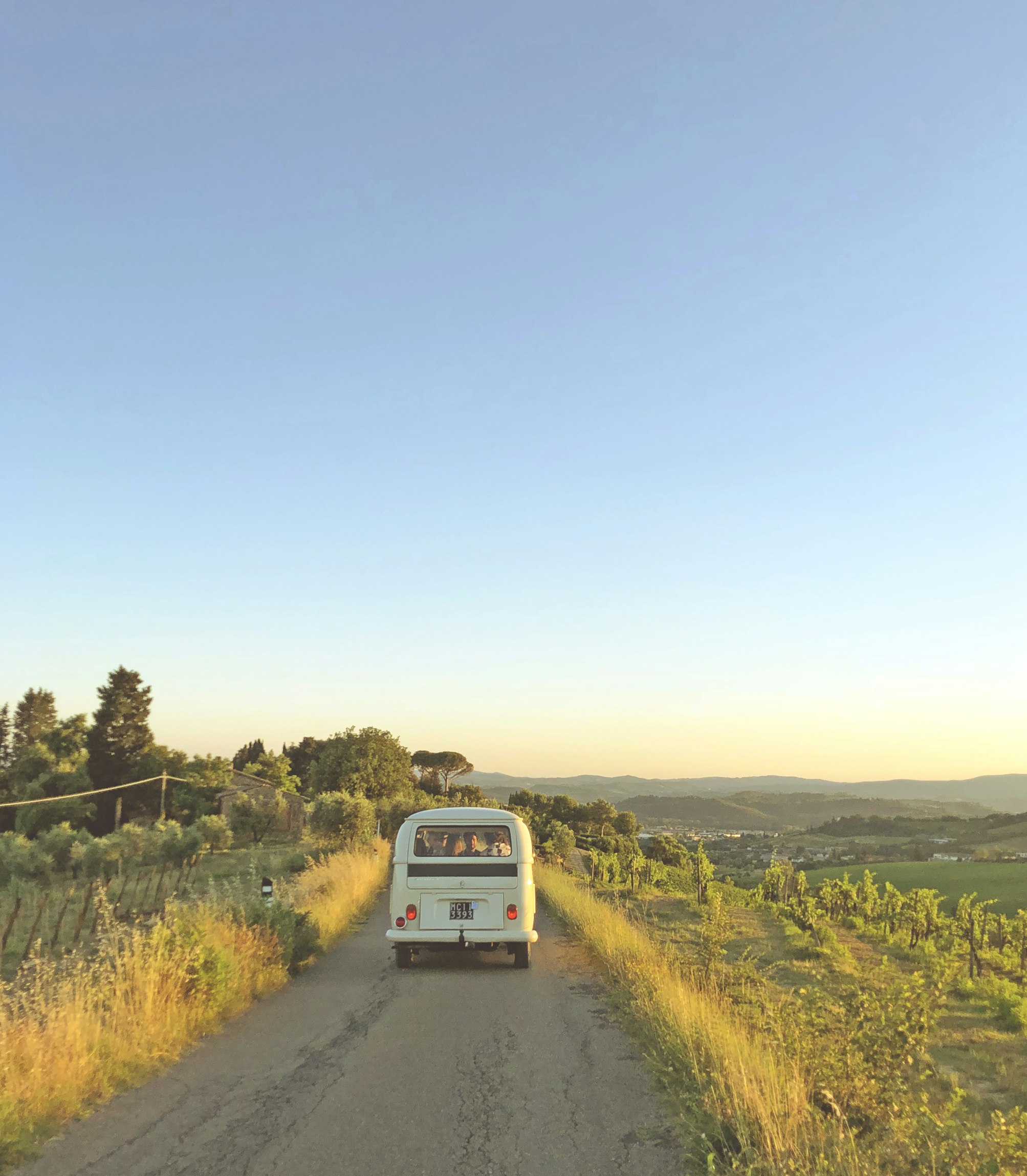
The Tragedy of Wanderlust
One's personal odometer needs to reach a point for the travel to spontaneously exist. And how many times can the travel occur before it is redefined as routine?
(Put your shoes on. Where are you going, and why are you going there? There is will when it comes to the coming and going. A voluntary compulsion. Perhaps this autotomy is mandatory, for if we do not choose our traveling then it no longer is travel. It is then a forced migration.)
In the morning I wake up, I get out of bed and take three steps away in my bedroom, metrics measuring one-hundred square feet. Have I traveled? What was the embarkment — was it good? Or does the fact this occurs each day for the entire year, every year, render it nullified? Is it too short?
One’s personal odometer needs to reach a point for the travel to spontaneously exist. And how many times can the travel occur before it is redefined as routine? To paint the pictures of novel experiences as travel, rather than what we’re desensitized too. Like a reflection within water that has been shaken, no longer recognizable. But one can become desensitized to anything, and inversely, one can experience anything for the first time again. Or perhaps that is too optimistic and romantic of a notion.
In the morning I wake up, I get out of bed and take four steps away in my bedroom, metrics somehow still measuring one-hundred square feet. Have I traveled?
It is important to note that in this static, stationery bedroom there is already so much travel. The miles and kilometers trekked by what’s surrounding me. Things I have picked up second hand or beside back-alley burnt-sienna dumpsters, delivered by trains of the same colours. This is, I know, not their destination either. All these few things I own will inevitably be made unto trash. Destroyed.
Perhaps instead I should ponder the travel of everything surrounding me. How did it all culminate: each piece of furniture gets here, each article of clothing, each sentimental tiny thing — the debris of everyday life. Either manufactured by exploited people in a forgotten nation, or perhaps lovingly made by a local artisan nearby. The inanimate hold no prejudice against one another, it’s all ultimately the same.
…So, I lay in a second-hand bed, splintered wooden frame, looking over a pile of thrifted or shoplifted books of poetry. My favorite being a copy of Leaves of Grass from Queens Public Library in New York, pages yellowed, last checked out in 1981. I open to a random page, still half-asleep, looking down at the sixth section:
“A child said What is the travel? fetching it to me with full hands; How could I answer the child? I do not know what it is any more than he”
What ought to be this stuff of life — understanding where we are going before the place, we’re in. It’s overwhelming, though, to travel the blank page. The young poet does not recognize how fearless the blank page is. Opening the hardcover notebook for the first time, fresh leather, to break a spine for the first time. Do you wince to yourself?
The multitude of words that were written throughout the seasons, with lightning blood running through a sore, aching hand. The thunders of the pulse, the thunders of the pulse, the impossible task of putting the storm on paper for the first time.
Finding the same mistakes in these words, trying to write, repeating the same literature like a revolving star. Writing with the long travel of forgotten typewriter keys, reminds me of the noise of ice inside a glass of neat whisky.
But you still try, I still try. Beating knuckles against concrete, the blood from broken skin, flowing slowly now, quietly dripping. This unforgiving world is still here, despite everything. This blank page, and the young poet will never be the same.



